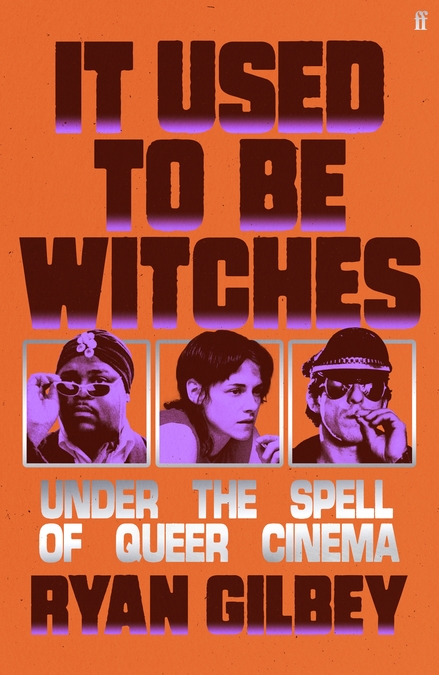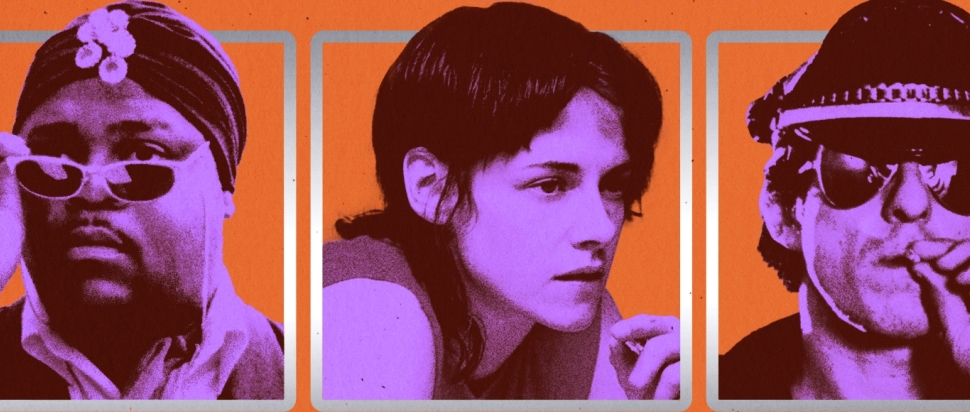It Used to Be Witches by Ryan Gilbey
In this wide-ranging story of queer cinema, queer critic Ryan Gilbey marries the personal and the political
How does one tell a story of queer cinema? For Ryan Gilbey, the answer is to take inspiration from the subject itself and write a book that’s as subversive and quicksilver as the queer films he adores. It Used to Be Witches sees him embark on a journey that hopscotches across decades as he teases out themes and connections between an eclectic array of work while exploring the role cinema has played in shaping and enriching his own sexuality.
Gilbey is sharp on familiar debates (queer cinema's commodification; queerbaiting actors) but he’s at his best when careering down idiosyncratic rabbit holes. In one interview, Jessica Dunn Rovinelli recommends the work of fellow trans filmmaker Elizabeth Purchell, a scholar of 70s and 80s gay porn; Gilbey dutifully follows Rovinelli's breadcumbs with a chapter on the self-reflexivity of classic gay skin flicks. This boundless curiosity and willingness to be led by his rigorous research exemplifies Gilbey’s approach, but also adds to the book's own queerness; like queer people's identities, its form feels in flux.
There are few more adroit interviewers than Gilbey; his chats with the likes of Bruce LaBruce, Desiree Akhavan and Andrew Haigh are candid, wry and often quite poignant. But it’s Gilbey's evocative biographical writing, where tender memories of teen trauma sit alongside self-deprecating yarns of middle-age anxiety (an aborted pass at a modern master of queer cinema is a hilarious highlight), that makes It Used to Be Witches so essential.

